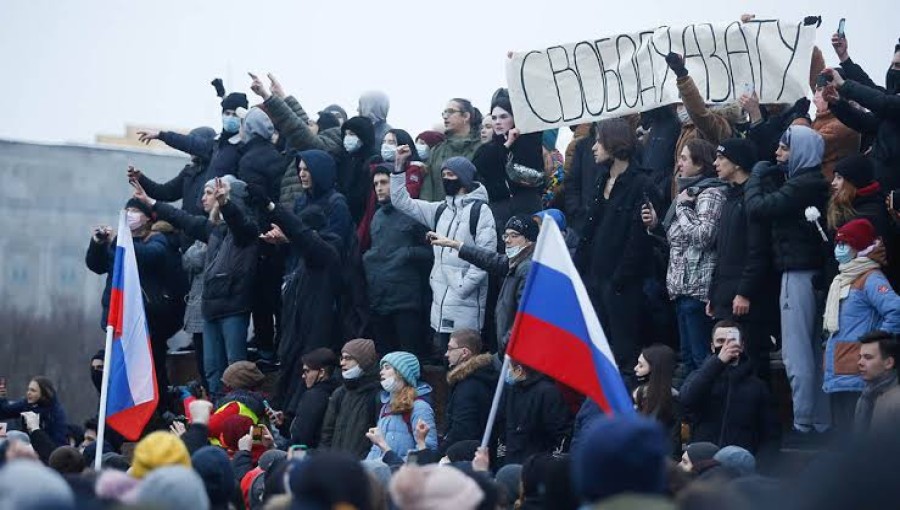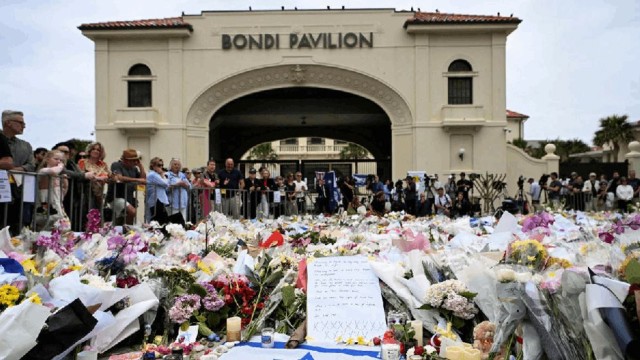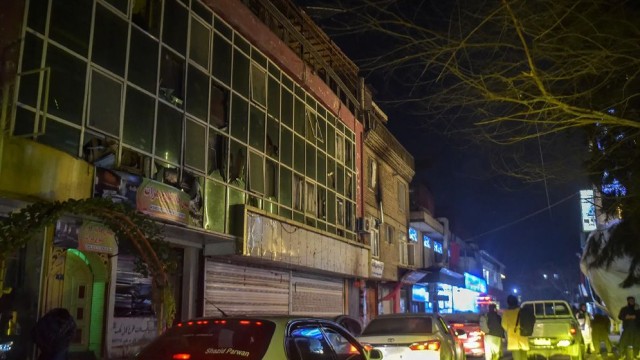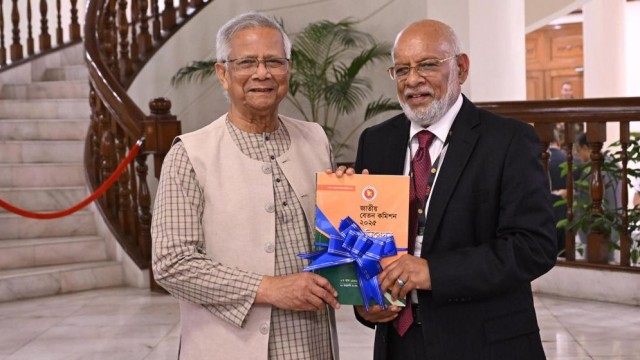Across various countries, demonstrations have erupted in defiance of Russian President Vladimir Putin's authoritarian leadership, with thousands rallying under the banner of the 'Salt Against Putin' movement, spurred by the late opposition leader Alexei Navalny's wife, Yulia Navalny.
On the final day of Russia's presidential election, Yulia Navalny cast her vote in Berlin, Germany, affirming her husband's defiance by writing his name on the ballot paper. Her act of dissent resonated with Russian expatriates worldwide, many of whom gathered at Russian embassies to exercise their civic duty. However, rather than endorsing Putin's regime, they opted to either destroy their ballots or cast votes for opposition candidates, symbolizing their rejection of Putin's rule.
In Paris, France, approximately 100 protesters convened in front of the iconic Eiffel Tower, denouncing Putin's grip on power and calling for international non-recognition of the election results. Meanwhile, in London, UK, Russian citizens staged demonstrations outside the Russian Embassy, echoing their counterparts' demands for political reform and accountability.
The 'Salt Against Putin' movement represents a grassroots response to Navalny's imprisonment and broader grievances against Putin's government, which stands accused of stifling dissent and undermining democratic principles. Despite facing significant risks, individuals both within Russia and abroad have mobilized to challenge Putin's authority and advocate for political change.
As global pressure mounts against Putin's regime, the impact of these protests extends beyond symbolic gestures, highlighting the international community's scrutiny of Russia's political landscape and its commitment to upholding democratic values. While Putin's grip on power remains firm, the growing dissent underscores the resilience of civil society in the face of authoritarian rule.































Comment: